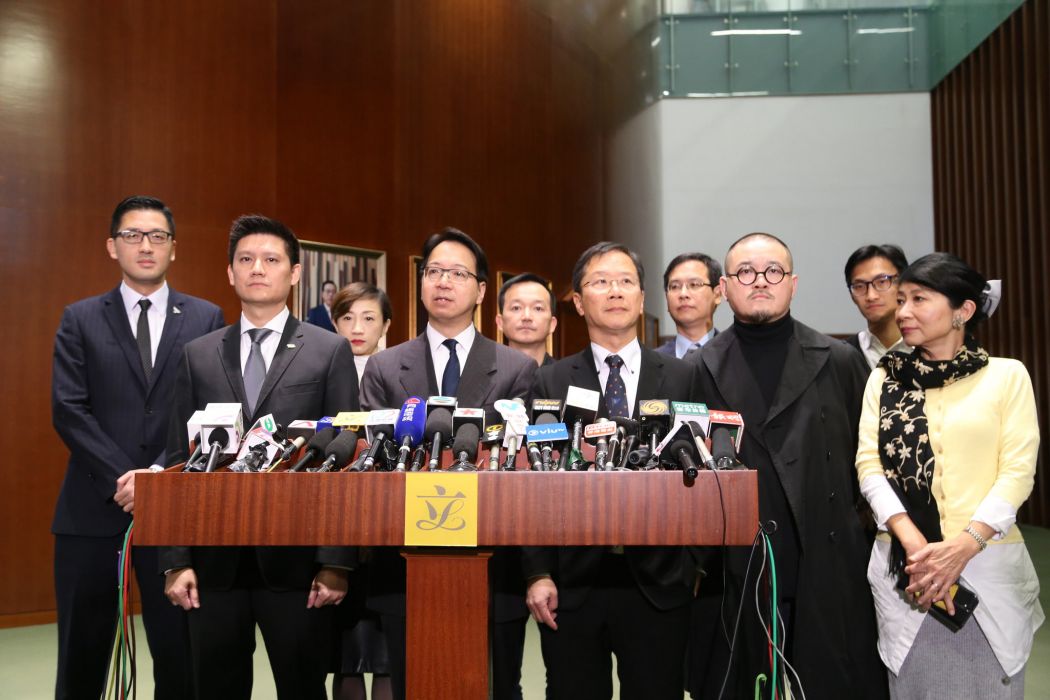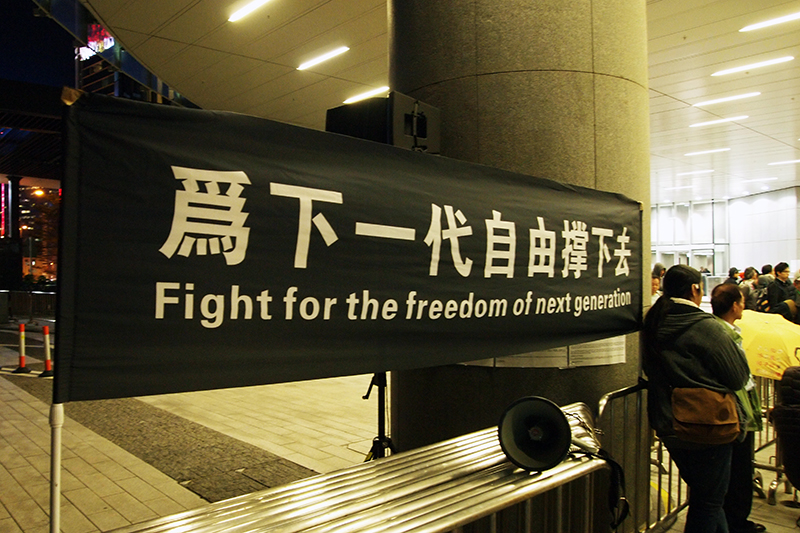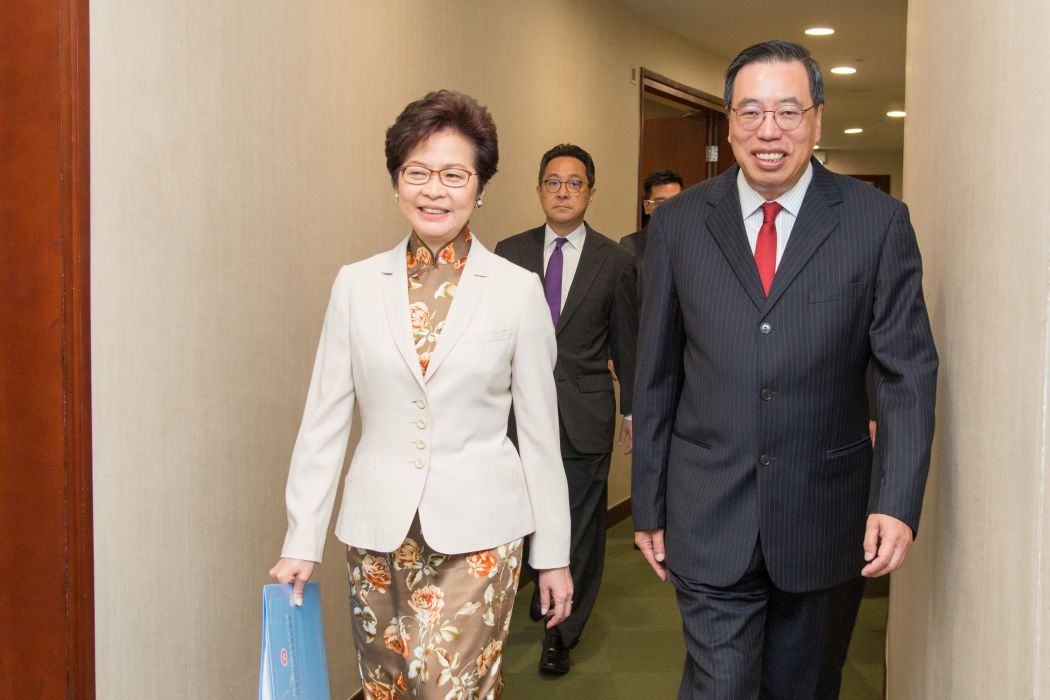The pro-Beijing camp is steps away from passing their amendments to the Legislative Council’s house rules to curb filibustering. The democrats have been camping outside the legislature in protest against the most significant changes to the rules in decades. But why are the proposed changes so contentious and what exactly will the amendments do?
Why now?
Any amendments put forward by lawmakers have to be approved by a majority of lawmakers elected in each of LegCo’s two 35-seat components, the geographical constituencies and the functional constituencies. As the pro-democracy camp had a majority in the geographical constituencies after the last election, they had the power to veto bills. Crucially, the camp lost the veto power after six pro-democracy lawmakers were disqualified following government legal action. They will not be able to regain the veto power until the March 11 by-elections.

The pro-Beijing camp then took the opportunity to change the rules. The pro-democracy camp has tried to stall the debate, but LegCo president Andrew Leung decided that it must start on December 6 and should be completed before the Christmas holidays, adding four meetings this week to achieve the goal.
Veteran Democratic Party lawmaker James To has cited former LegCo president Jasper Tsang, who said it is the right of lawmakers to block or delay bills under the “One Country, Two Systems” principle. “Changing the rules is equal to cancelling ‘One Country, Two Systems’,” To said.
What are the amendments?
Many of the amendments give more power to the LegCo president, such as:
- The power to reconvene meetings on the same day after a premature adjournment due to lack of quorum, instead of waiting for the next sitting;
- The power to combine or reject amendments from lawmakers;
- The power to demand that lawmakers explain the reason for their motions and amendments;
- The power to reject motions raised without prior notice.
The amendments also include other measures to shorten debates and prevent premature adjournment.
How will it affect the Legislative Council’s work?
Although the democrats had the power to veto motions and amendments from fellow lawmakers, they never had enough votes to veto government bills – which only require a simple majority – but only to delay them to make more room for negotiation outside the legislature. But when it comes to voting, the democrats will lose regardless of whether the rules are changed or not.

Democrats in the past had a few successful campaigns to delay controversial bills such as the new copyright law and the medical council bill by filibustering, forcing the government to renegotiate with the industry sectors. However, filibusters rarely stopped politically sensitive bills.
After the changes are passed, the democrats will have much less power to delay government bills. A handful of controversial bills are set to be debated soon, including the joint checkpoint arrangement, the national anthem law, and potentially the national security law.
Are there any amendments not related to filibustering?
Among the proposed changes was a suggestion to raise the number of lawmakers’ signatures needed to form an investigative committee from 20 to 35.
The amendment would effectively block any such requests from the pro-democracy camp, as the camp never had more than 30 lawmakers.

The democrats on Wednesday stood up and requested forming two select committees in what may have been their last opportunity to do so.
Select committees have previously been set up to investigate former anti-graft agency chief Timothy Tong and former leader Leung Chun-ying, among others.
Are all the amendments constitutional?
One controversial amendment seeks to reduce the quorum needed for “committee of the whole council” stage of the general meetings from 35 to 20.
The Basic Law stipulates that the quorum for the weekly general meeting of LegCo shall be no less than one half of all members, which should be 35. Democrats have often called for headcounts when there are fewer than 35 in the chamber, delaying debates for up to 15 minutes each time.

Since lawmakers can raise unlimited amendments and speak repeatedly during this stage – held in the chamber after the second reading of bills – it has been used as a tool for filibustering over the years. However, if the quorum is reduced to 20, it is unlikely that the democrats will be able to call for headcounts, since the pro-Beijing camp has 40 members.
Despite previous legal advice given to LegCo against such an amendment, the president said the pro-Beijing camp also provided legal advice. Their advisors said that the amendment may not necessarily be unconstitutional, but Leung said he remained uncertain.
What is the chief executive’s stance?
Former LegCo president Andrew Wong chimed in by asking Chief Executive Carrie Lam to step in and urge LegCo to stop this “ugly” fight.

But Lam rejected his suggestion and said her government “will not do anything that would harm the public,” denying any links between the amendments and the looming national security law.
